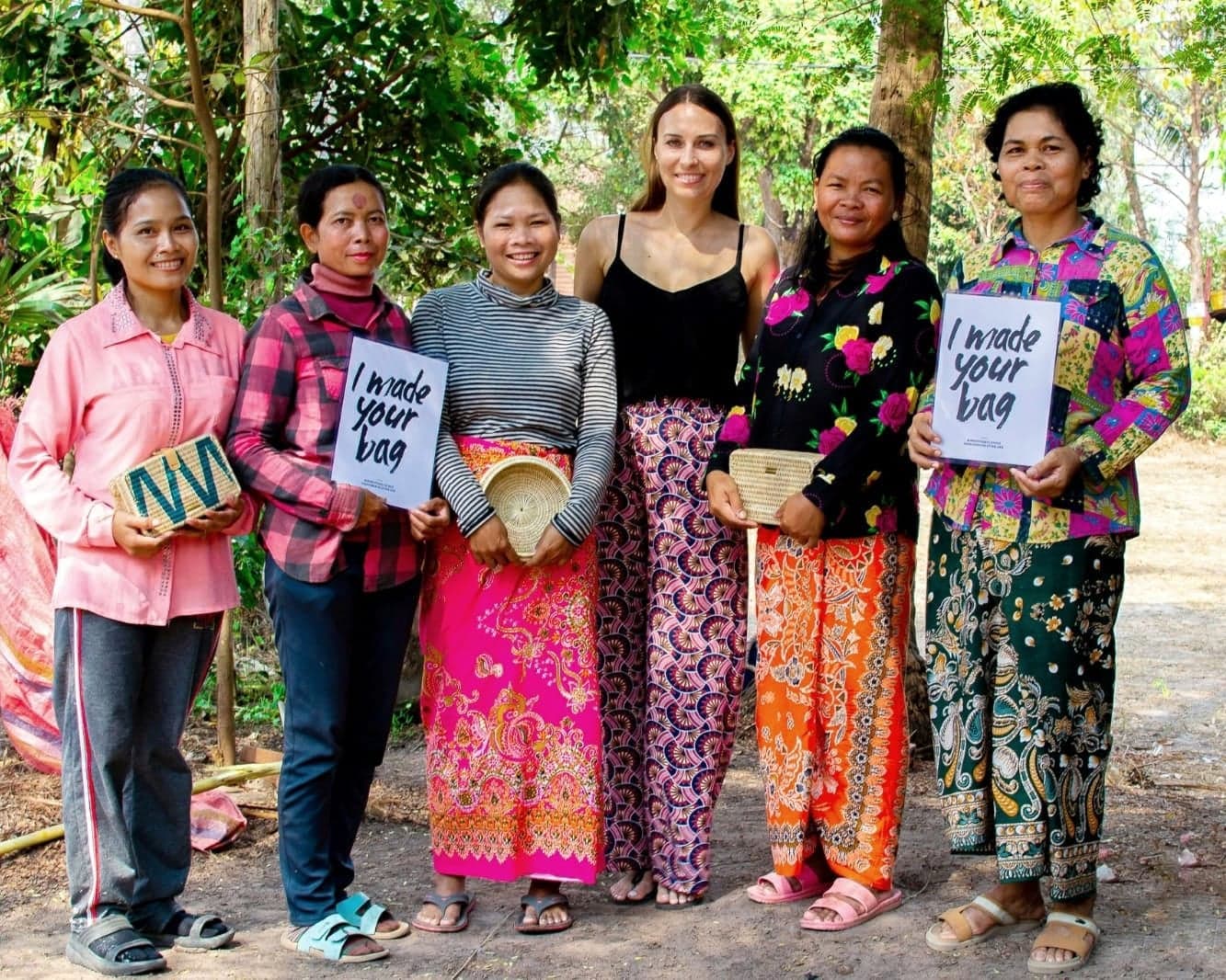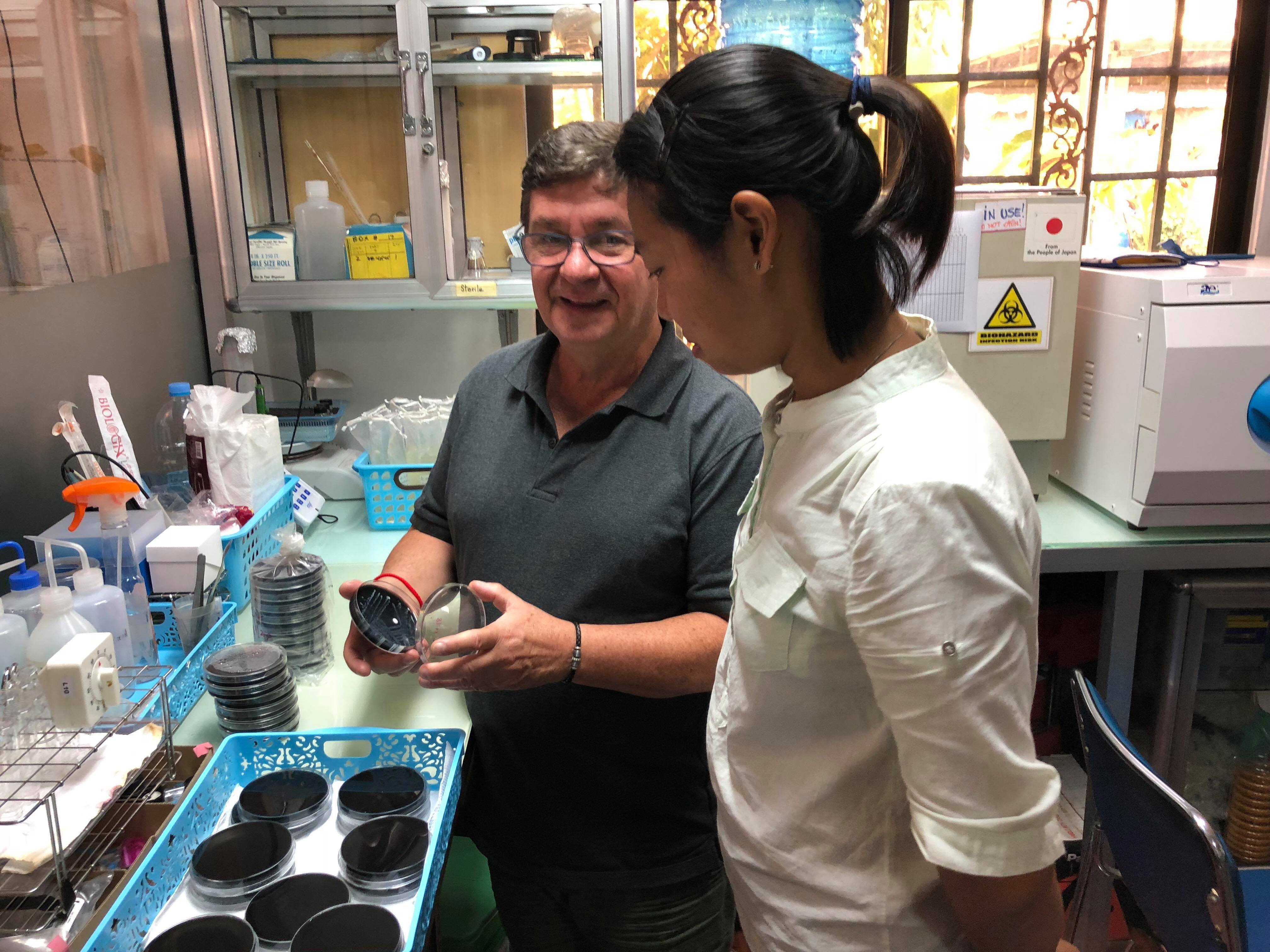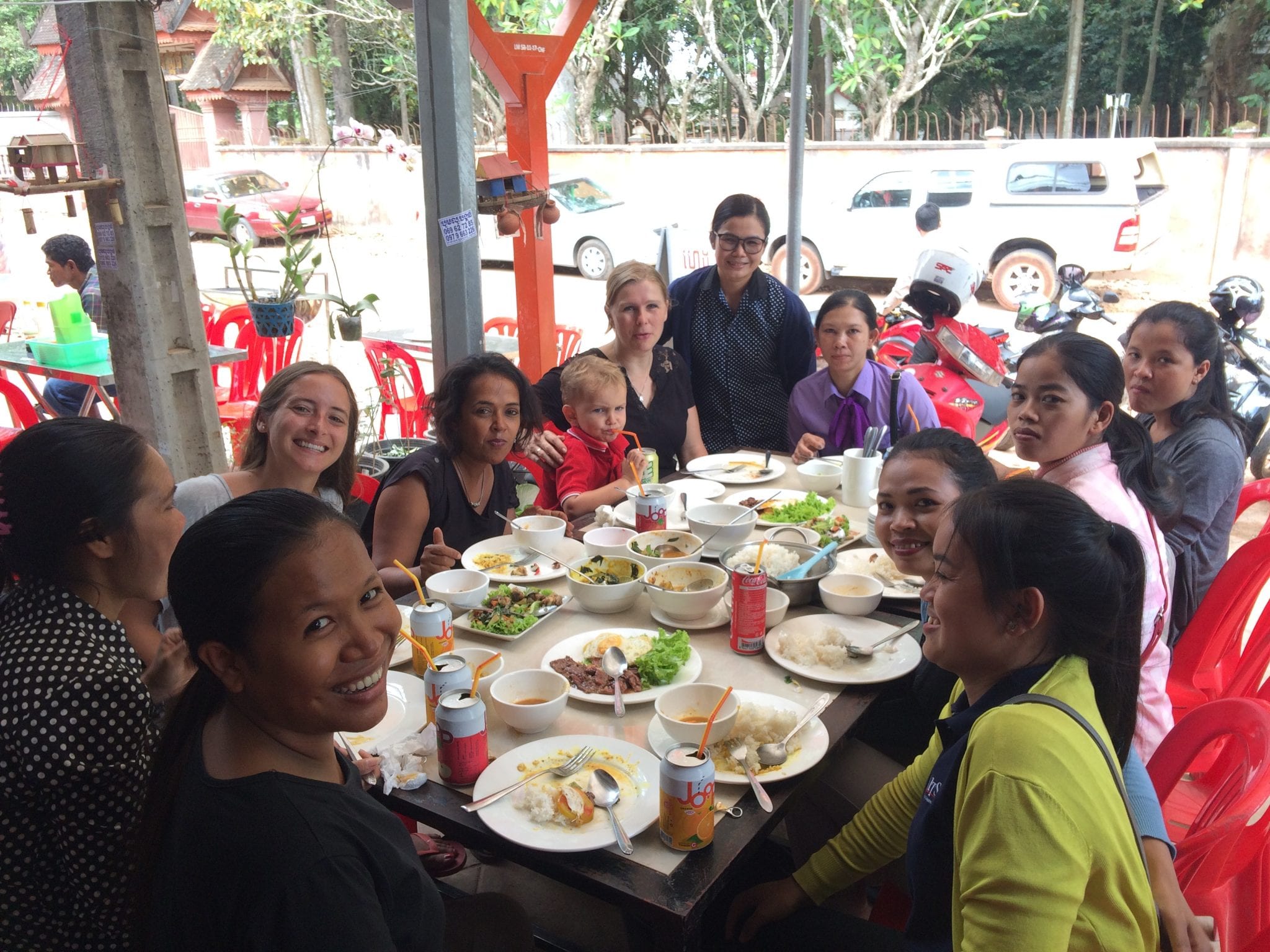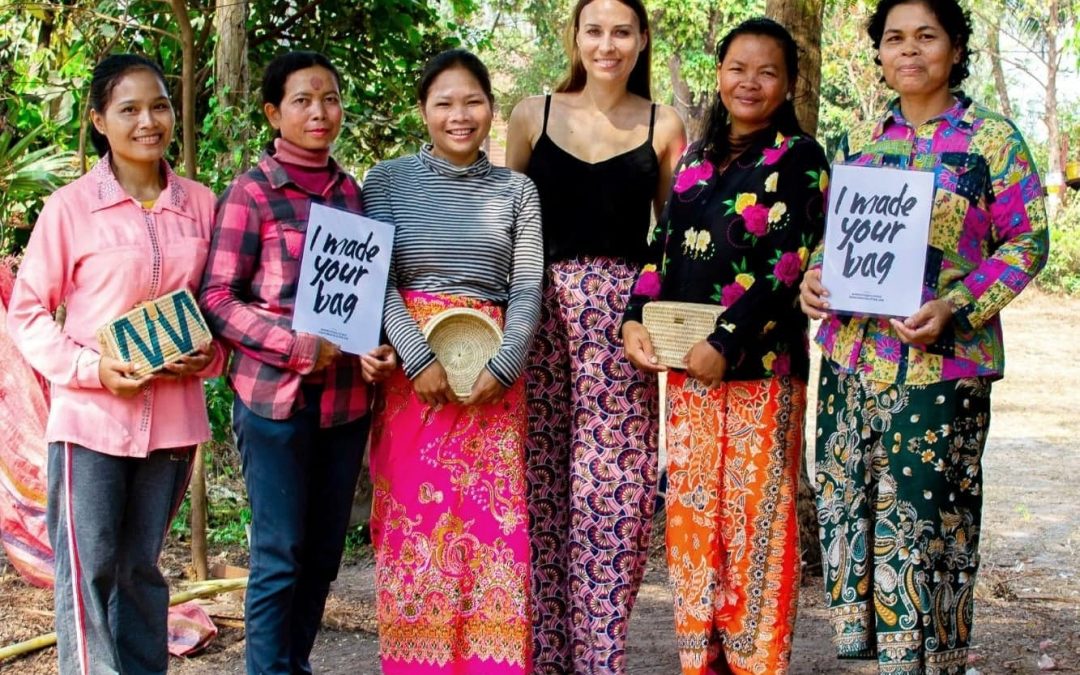
Can volunteering have a positive effect on career progression and lead to employment? The short answer is, “It depends.” Increasingly, corporate organisations are making note of job candidates’ volunteer efforts, and existing employees who do voluntary work tend to be viewed more positively.
A recent LinkedIn survey found that 41% of hiring managers consider volunteer experience to be equally as valuable as paid work.
On the other hand, research also shows that the bigger picture is quite complex. The relationship between volunteering and getting a job is not as straightforward as people may assume. Some volunteer experiences, particularly if they do not require qualifications or involve skills that are not in demand (e.g. serving food at a charity canteen), may not be a differentiating factor when recruiters are looking at your CV amongst many others.
In some cases, however, having volunteer experience on your CV can definitely help your CV get a second look.
Skilled and qualified volunteering
In a survey conducted by Timebank, it was found that employers only fully acknowledge the importance of volunteering when it relates directly to the role being applied for by the candidate. In other words, to make your CV truly competitive, your volunteer experience should be somewhat related to the role you are applying for.

If you volunteer for a non-profit organization while applying skills that are often in demand in professional work, the experience has a good chance of being considered as valuable as a paid job. Moreover, your volunteer experience provides you with the experience of having applied your skills in a different industry and environment. For example, if you are a graphic designer and have had volunteer experience in creating an annual report for a charity, it could be counted as a valid work experience.
Devoting the time necessary to make an impact
The time you have dedicated to a volunteer project is also an indication of the impact and difference you have made in another field which, again, would make your volunteer project have a similar stature as a paid job. The longer the project, particularly in the same line of work you are looking to pursue professionally, the more it will be perceived as being as impactful and relevant as a paid job.
Volunteering during unemployment
For those of us searching for jobs, a volunteer project that allows us to apply high-valued and professional skills is an amazing way to fill a line on our CV. You would be able to write about an actual work experience (albeit non-paid), and be able to constructively fill the time gap between one job and another. Volunteering also keeps you busy and helps keep your emotions and motivations in check during a challenging time in your career.
Testing the water, in case of career change
Should you decide to make a career change from the corporate to the non-profit environment, volunteering is the perfect risk-free way to test out your skills in that environment. This will help you decide whether this is the career path you want to follow in the long run.
Learning to work remotely
Thanks to the newest technology, volunteering from home is now a common occurrence. By doing so, you can definitely get experienced in the usage of new technologies, learn project management skills and how to coordinate with a team of people who are located in various parts of the world and in different time zones. If you’re not able to volunteer abroad, volunteering from home would still be able to give you additional relevant skills.
Being culturally aware resulting from volunteering abroad
Being well-travelled and culturally aware are attributes you’ll be able to add to your CV after volunteering abroad, particularly if it is for a long-term project in which you’re able to apply your professional skills.
Being exposed to a different way of doing things, learning new ways of approaching and solving problems, getting things done while working with others who have different values and sets of priorities—all of these could be invaluable lessons learned that you could bring back home and use in what is today an increasingly global, blended and internationally connected working environment.

Writing it on your CV and LinkedIn profile
Last but not least, remember to write the volunteer experience on your CV and LinkedIn profile and show its real value. Sometimes people, when talking about their volunteer experience, underestimate the importance of a volunteer experience from a business perspective (as in, “It was only a voluntary role,” or “Well, I didn’t get paid for it.”) and do not write it on their resume or simply add it as a hobby. Potential employers are interested not in the salary, but rather the skills and experience that you have acquired. Share your voluntary role in the same way you would a non-voluntary role—with confidence and pride. Provide details: What was your role? What have you brought back and applied to your current life? What were the challenges, if any? What have you learned? The ability to see the bigger picture out of the volunteer experience is important to employers, and it will definitely add to your CV and make it stand out.

